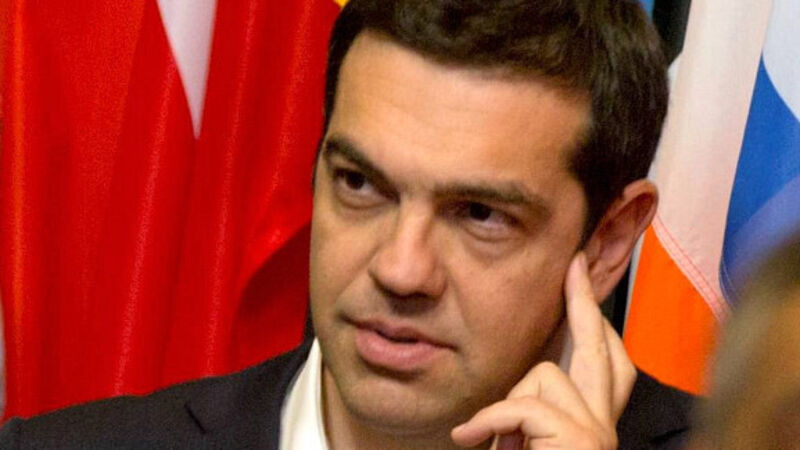Greek deal still possible but door is closing

The Athens stock exchange will be closed as the government tries to manage the fallout of the disagreement with the EU and IMF.
The ECB agreed to continue providing emergency liquidity assistance (ELA) but did not take into account the increased demand for withdrawals in the country over the weekend, which has inevitably led to capital controls being introduced for a week from today.
















